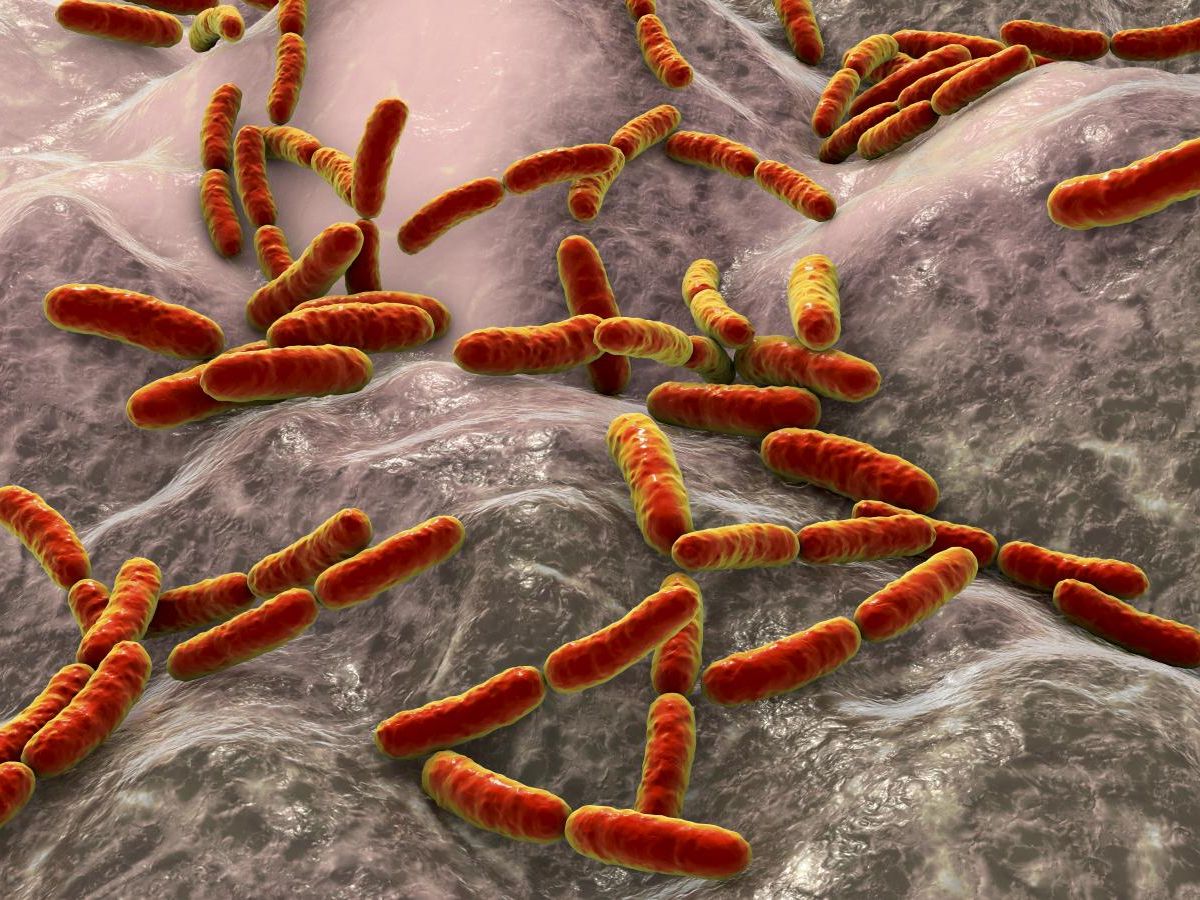You probably know the Microbiota, but do you know onco-microbiotics? It is a young discipline which is interested in the links between the intestinal flora, the occurrence of certain cancers and of course the response to treatments.
Example with a Chinese experimental work presented at the last European congress of reference in gastroenterology (United European Gastroenterology Week, UEGW) which brings together from October 12 to 15, 2024 in Vienna (Austria) several thousand experts.
In mice, chronic stress accelerates colorectal cancer
This work, combining microbiota, cancer and also stress, focused on the mechanisms by which, in mice, chronic stress accelerates colorectal cancer due to a disruption in the balance of the intestinal microbiota.
To study these complex influences in the occurrence and acceleration of cancer progression, Dr Qing Li, from Professor Jinlin Yang's team (West China Hospital, Sichuan), used different manipulations, including a mixture of antibiotics (vancomycin, ampicillin, neomycin and metronidazole) to exhaust the intestinal flora of rodents, the use of microbiota transplants and the induction of chronic stress.
Read alsoDiscovery: the microbiota of food influences ours
Chronic stress reduces a certain type of gut bacteria considered essential
This work, carried out on different groups of rodents, demonstrated that chronic stress not only increased tumor growth, but also reduced a certain type of intestinal bacteria considered essential for good intestinal health, the Lactobacillus group.
“ Stress-related colorectal cancer progression may be attributed to a reduction in some of these bacteriaS as Lactobacillus Plantarum », commented Dr. Li, this species being logically considered as a potential therapeutic target since it was found here in smaller quantities in the microbiota of sick rodents.
"Our results suggest that to restore balance, oral supplementation with L. plantarum could constitute a potential therapeutic strategy by strengthening the body's natural defenses.", said the researcher, who will obviously have to consolidate her work in the future, move on to clinical trials and study the microbiota of cancer patients to demonstrate this reduction in L. plantarum in them too.
Read alsoCancer: Eliminating a chromosome to block tumor progression
We still don't know what a "healthy" microbiota is.
But to date, there are no recommendations regarding supplementation, the practical applications aimed at correcting the "imbalances" of the intestinal flora being impossible to determine to the extent that we still do not know what a "healthy" microbiota is.
Moreover, in France, the use of so-called fecal microbiota tests, available online and offering analyses of the intestinal microbiota for the purpose of predicting chronic diseases, were rejected in 2023 by the French Society of Microbiology in association with the French National Society of Gastroenterology.
However, other research work seeking to understand the influence of the intestinal microbiota on the response to anti-cancer treatments or on the occurrence, for example, of post-operative digestive complications are underway. By the way, if you want to participate in the research, it is possible. Just participate in the French Gut project.

